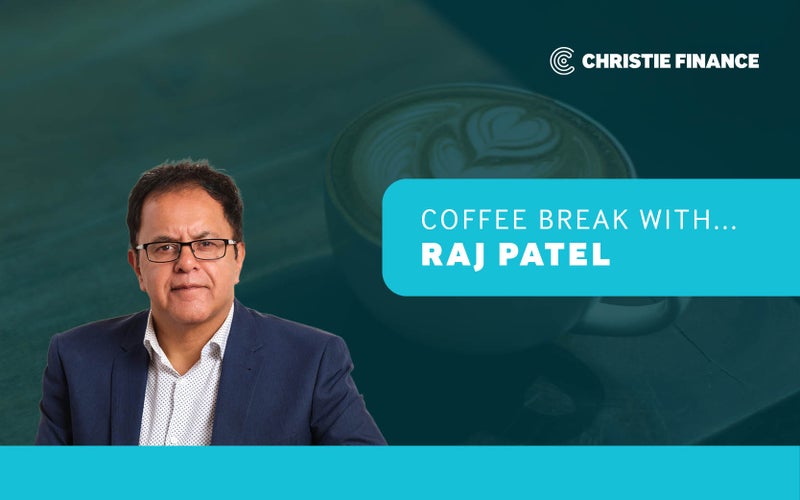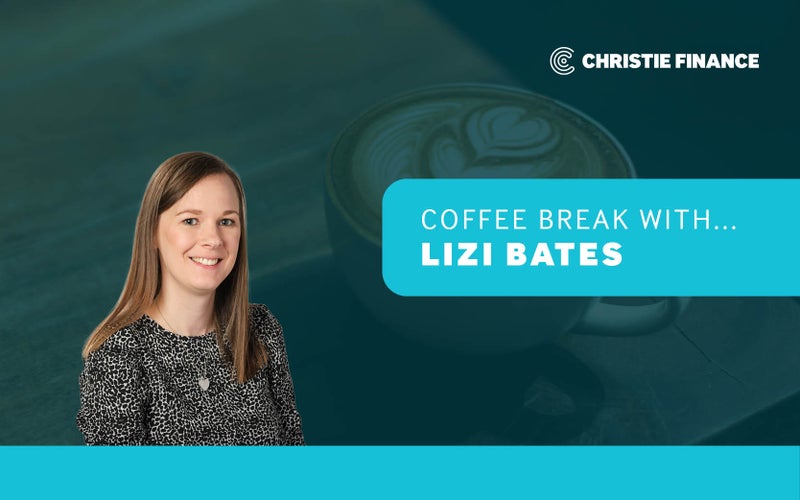Funding environment across the UK dental market and what we foresee for the year ahead
The dental market is extremely buoyant, with our sister company, Christie & Co, arranging an average of 12 viewings on every practice offered to the market. 80% of businesses being sold for above asking price, which clearly demonstrates the appetite amongst buyers and the current imbalance of supply and demand.
Our prediction last year that the private dentistry market would see more activity this year has materialised, with many would be buyers turning to supposedly higher risk, but better return (on investment), opportunities in the private dental sector.
The proposed NHS reforms in England and Wales (not applicable in Scotland - which remains on a ‘capitation’ model for NHS dentistry), originally due in 2016 but now more likely to be in 2018, may well introduce some uncertainty into the market as we get closer to their introduction. However, for many practice owners this is the third or fourth contract reform and they are likely to take a pragmatic view. The way in which NHS dentistry will be delivered is likely to change and whilst it is unlikely funding will be significantly affected, practice owners will need to adapt to a new way of working. This could add more cost into a dental practice but equally, there will be opportunities to enhance efficiencies.
Funding Considerations
It is important to thoroughly assess any business you plan to acquire. Is it an NHS practice, a private one or mixed? How many surgeries does it have? How is it being run at the moment and how will you run it? Are there any opportunities for growth, such as adding a chair for an associate, a hygienist or a specialist? What are your plans for the business?
From a funding point-of-view, lenders are still keen to increase their exposure to the dental market and Christie Finance have completed on a number of significant transactions, on behalf of a diverse range of clients.
A rise in the numbers of new funders coming into the lending arena, with ‘challenger’ and foreign banks starting to compete with the traditional high street banks, means that competition for a slice of the dental sector is fierce. However, lenders are often treading more cautiously, fully assessing the merits of both the business and the buyer.
This is adding a depth to the market and this diversity makes the role of a Commercial Finance Broker, such as Christie Finance, that much more critical to the success of a purchase. Navigating the lending market requires in-depth knowledge and experience on a local and national level. It is important for a broker to understand the sector in order to provide practical advice to a potential buyer as well as being able to present an informed proposal to lenders and thereby secure the most competitive terms available.
A good broker isn’t there to simply pass on a lending request to any old bank manager. A good broker is able to analyse the business, identify its strengths and weaknesses and know how to structure a funding request in a clear and informative way, tailoring a proposal to best suit the client’s needs. A good broker knows the individual strengths within each lender and is therefore able to maximise the chances of the success of a loan application. By being fully independent, a reputable broker can exert pressure on lenders to improve on their overall offering – meaning that the borrower knows that they have the best available loan terms.
The absolute key to successfully financing a dental practice purchase is to build a team of experts around you. An experienced dental broker, accountant and solicitor can work together, on your behalf, to ensure that risks are minimised – the result being that you are closer than ever to being able to acquire your first dental practice.









